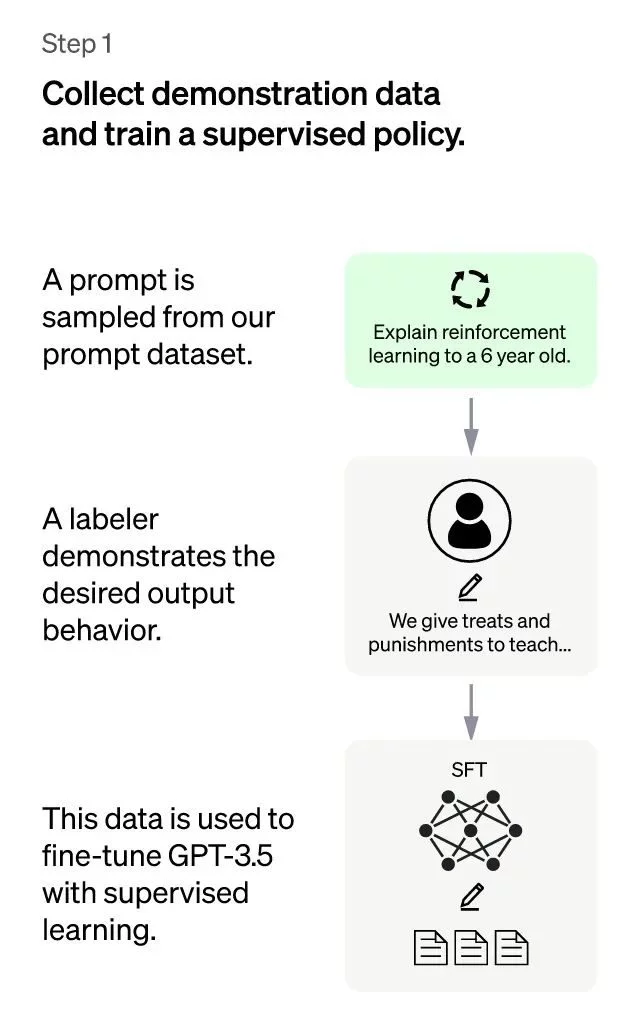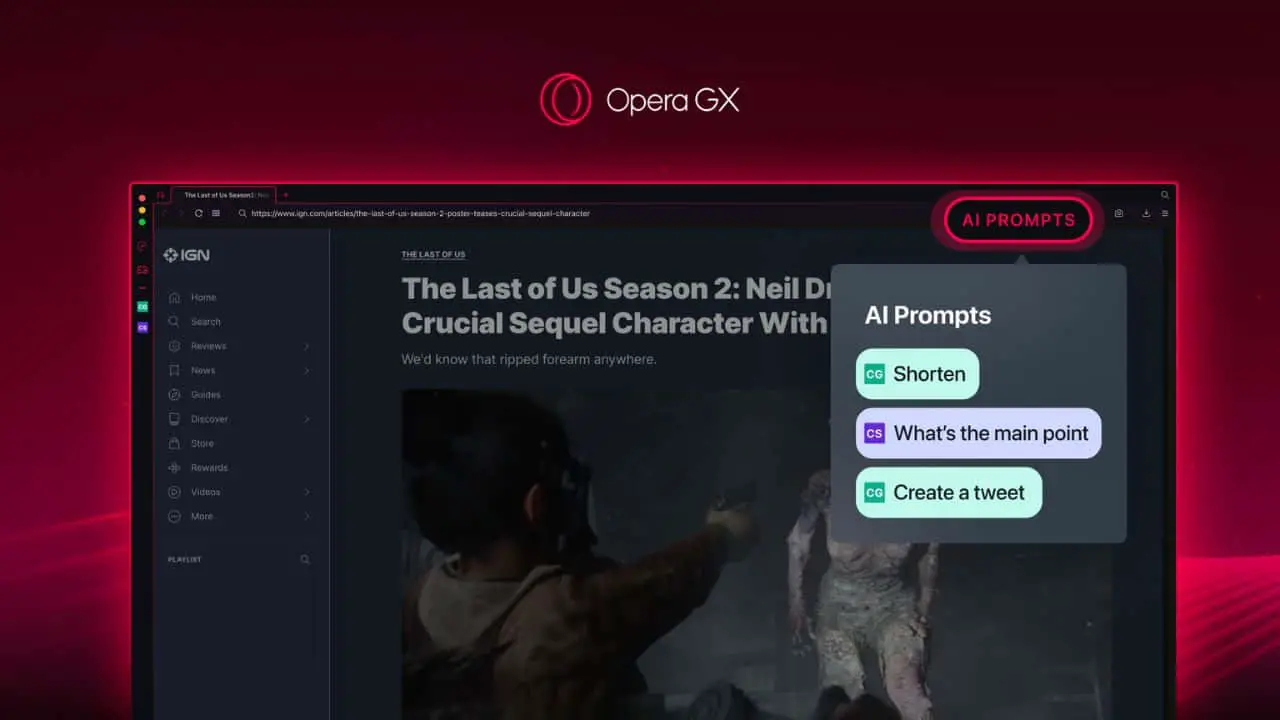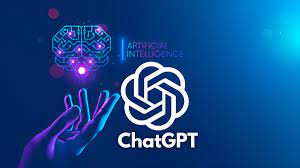In recent years, there has been a growing concern about the impact of artificial intelligence (AI) on human employment. Chatbots like ChatGPT, which are powered by advanced natural language processing (NLP) algorithms, are becoming more prevalent and sophisticated. As a result, many people are worried that these technologies will replace human workers. In this article, we will explore whether ChatGPT is a threat to human employment.
What is ChatGPT?
Before we can determine whether ChatGPT is a threat to human employment, we must first understand what it is. ChatGPT is a chatbot that is powered by OpenAI’s GPT language model. It is designed to simulate human conversation and provide natural and engaging interactions with users. ChatGPT can be used for a wide range of tasks, including customer service, personal assistants, and even writing articles.
The Advantages of ChatGPT
There are several advantages to using ChatGPT in the workplace. One of the main benefits is that it can save time and money. Chatbots can be available 24/7, which means that businesses can provide customer support at all times without having to hire additional staff. Additionally, ChatGPT can handle a large volume of inquiries simultaneously, which is not always possible with human workers.
Another advantage of ChatGPT is that it can improve the customer experience. Chatbots can provide instant responses to inquiries, which can help to increase customer satisfaction. ChatGPT can also be programmed to understand and respond to customer emotions, which can help to create a more personalized experience.
The Disadvantages of ChatGPT
While there are many advantages to using ChatGPT, there are also some disadvantages. One of the main concerns is that chatbots could replace human workers. As AI technology improves, it is possible that more tasks will be automated, which could lead to job losses.
Another disadvantage of ChatGPT is that it is not perfect. While it can understand and respond to a wide range of queries, there are still some limitations. Chatbots can struggle with more complex inquiries or those that require a human touch.
The Impact on Human Employment
So, is ChatGPT a threat to human employment? The answer is not a straightforward yes or no. While there is a risk that chatbots could replace some jobs, they could also create new ones. For example, businesses that adopt chatbots may need to hire additional staff to manage and maintain the technology. Additionally, as AI technology improves, there may be new job opportunities in the field of AI development and management.
However, there is no denying that there will be some job losses as a result of AI and automation. It is important for businesses and governments to plan for these changes and ensure that workers are equipped with the skills they need to adapt to new roles.
Read Also: ChatGPT in E-commerce: How AI is Driving Sales and Customer Satisfaction
FAQs
No, ChatGPT is not capable of completely replacing human workers. While it can handle a wide range of tasks, there are still some tasks that require a human touch.
ChatGPT can save time and money, improve the customer experience, and handle a large volume of inquiries simultaneously.
Conclusion
In conclusion, ChatGPT is not necessarily a threat to human employment. While there is a risk that chatbots could replace some jobs, they could also create new ones. As AI technology continues to develop, it is important for businesses and governments to plan for these changes and ensure that workers are equipped with the skills they need to adapt to new roles.
Read Also: Tips for Resolving “ChatGPT is at Capacity Right Now”







